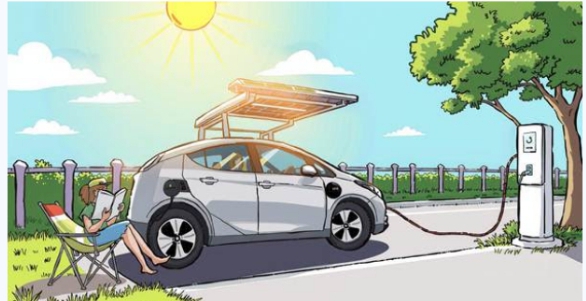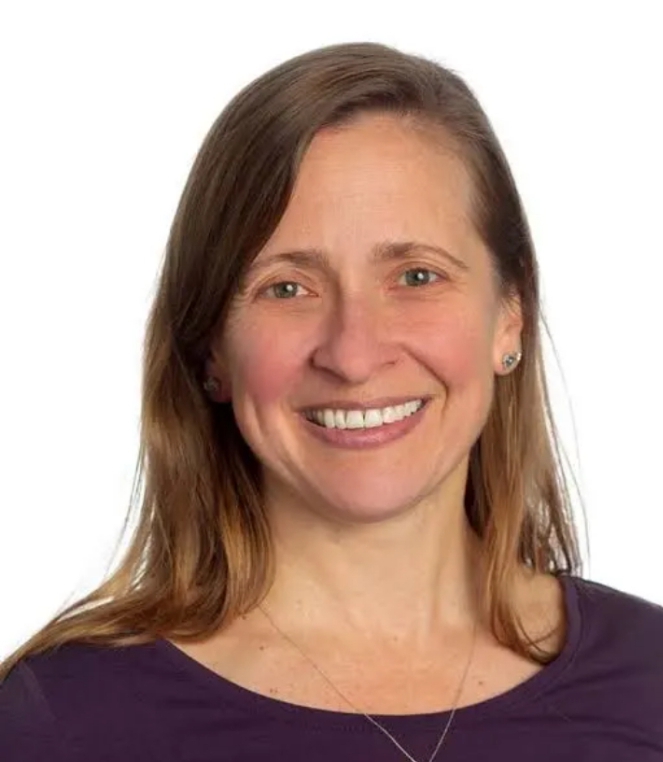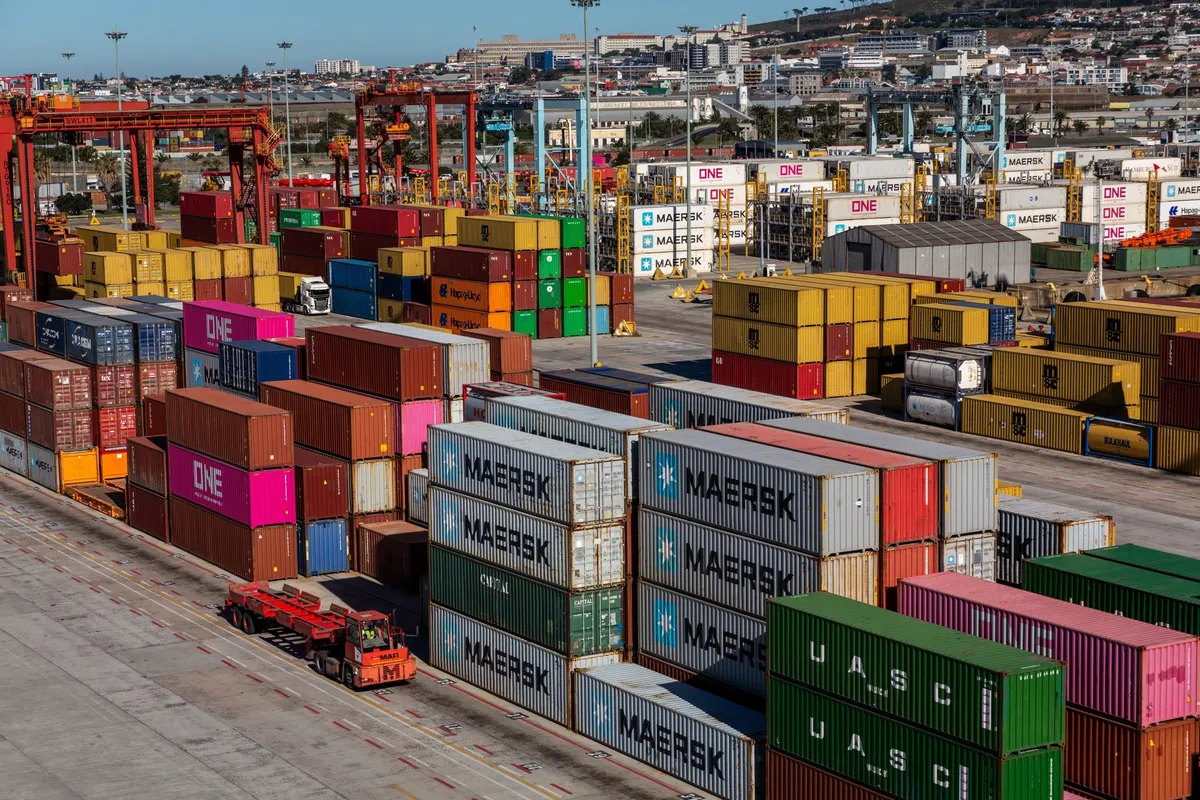Oil marketers in Nigeria may have opted to lobby the federal government to consider and grant them some form of tax holidays and other incentives that would enable them resume importation of petrol into the country, THISDAY learnt last night in Abuja.
The proposal, it was learnt, was to appeal to the government to provide some kind of palliatives that would help them cut their costs of importation. Though the government had in 2016 stated that it had created a special forex window to enable them access forex from the Central Bank of Nigeria (CBN) to fund their products’ importation, the marketers repeatedly claimed they were not getting this from the CBN.However, the sources who spoke on condition of anonymity stated that the request for tax incentives was part of agreements reached at the meeting of the committee the government set up to engage the marketers on ways to find a lasting solution to the scarcity of petrol which recently resurfaced across the country.The sources equally disclosed that the meeting unanimously agreed that the pump price of Petrol should not be increased, and left at its present rate, but that oil marketers would rather adopt cost-cutting strategies to continue to do business in the downstream petroleum sector.Also, four sub-committees were inaugurated at the meeting to help address the challenges of fuel supply across the country, some of which are the logistics and business conduct committees.“There is no planned to increase fuel price, and the minister said it should not be contemplated. Even, none of us wanted the fuel price to rise. What we talked about was tax holidays and other things in that line,” one of the sources said.He explained that “all stakeholders agreed to look inward and improve efficiency so that we can cut down cost and resume our businesses.”Earlier, the minister had said it would brief the presidency on the outcome of the meeting before talking to journalists, but the meeting, as learnt, was chaired by Kachikwu, while heads of some parastatals under the ministry, the Group Managing Director of the Nigerian National Petroleum Corporation (NNPC), members of Depot and Petroleum Products Marketers Association of Nigeria, (DAPPMA), Independent Petroleum Marketers Association of Nigeria (IPMAN) and labour Union officials were reportedly in attendance.Meanwhile, the Senate yesterday denied that it has received any request from the presidency, to approve loans meant to offset the debts being owed to oil marketers.The upper legislative chamber said this in response to claims credited to the Chief of Staff to the President, Mr. Abba Kyari, that the payments due to the marketers are being delayed at the National Assembly.Kyari reportedly said this during a meeting with the stakeholders on the fuel scarcity in the country.
But Senate spokesman, Senator Aliyu Sabi Abdullahi, in a statement wondered what request or payment the presidency was referring to, particularly as fuel subsidy had already been cancelled.He added that rather than shifting blame and resorting to false claims, the executive should work with the legislature and other stakeholders to find a lasting solution to the perennial fuel scarcity in the country.Sabi’s statement read in full: “The attention of the Senate has been drawn to a claim said to have been made by the Chief of Staff to the President, Kyari, during a meeting with stakeholders in the oil industry on the perenial fuel scarcity in the country to the effect that the payment of debt owed to oil marketters was being delayed because the National Assembly has not approved request presented to the legislature for loan meant for that purpose.“The Senate would want members of the public to know that no such request has been made to it specifically requesting for loan meant for payment to oil marketers.“The Senate is aware that subsidy on petroleum had been cancelled by this administration; so we wonder which payment we are talking about now.
Source: Thisday







